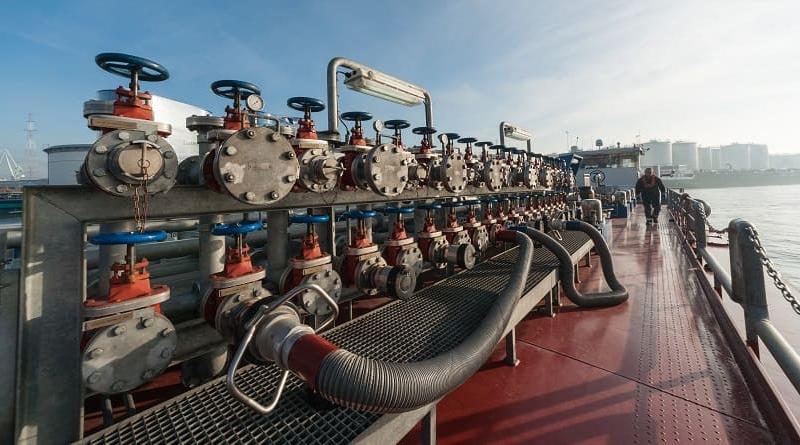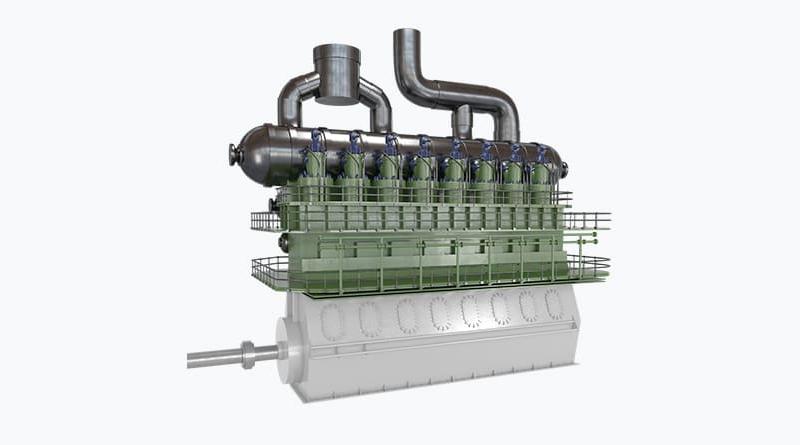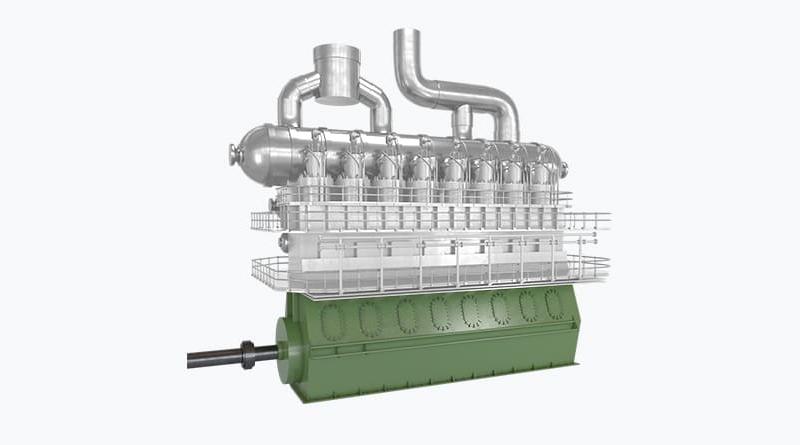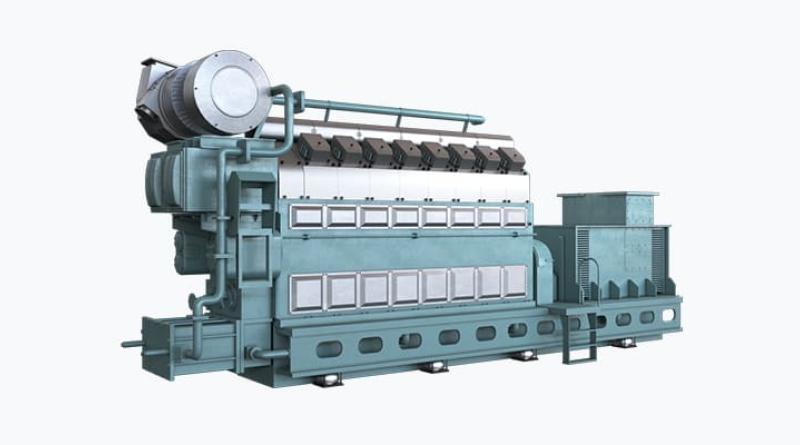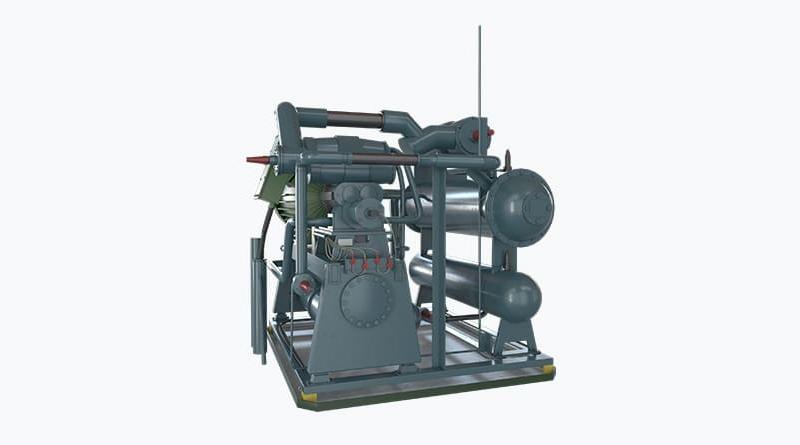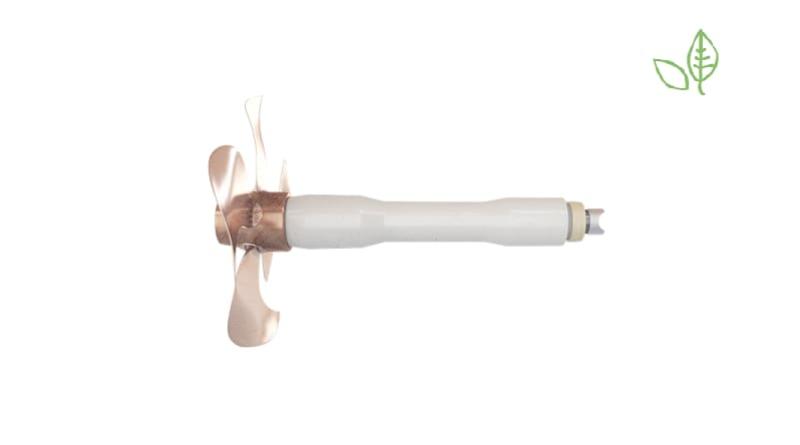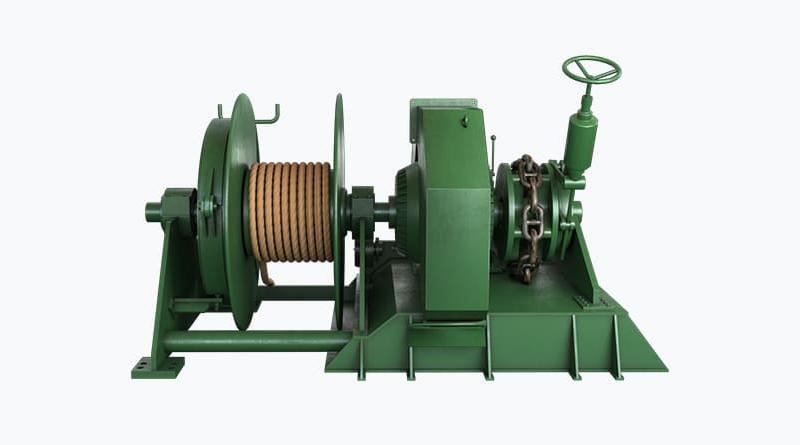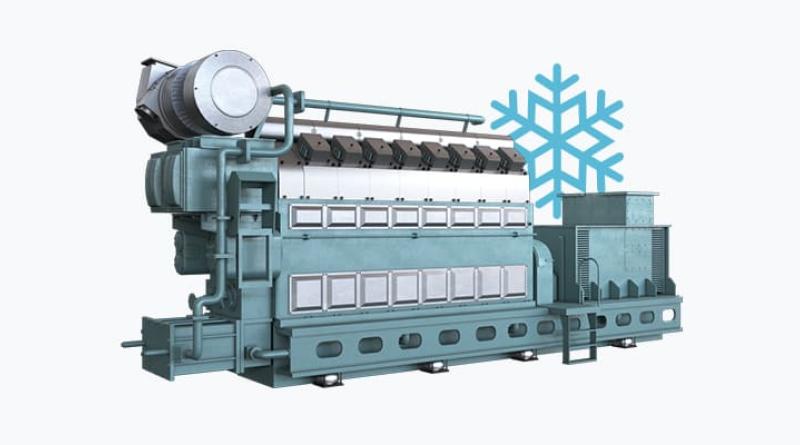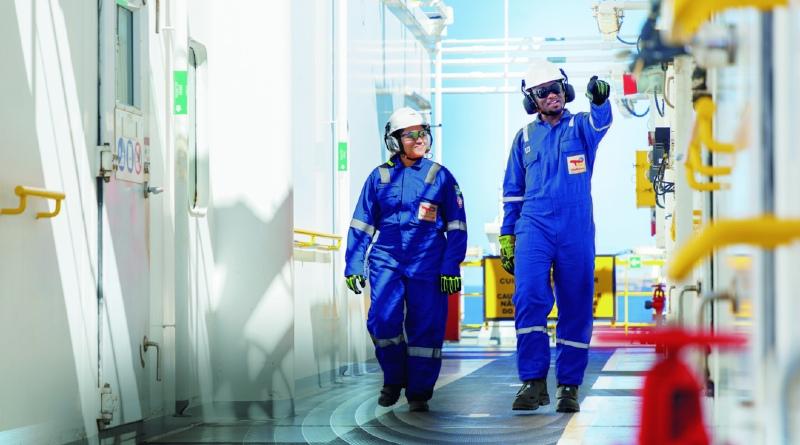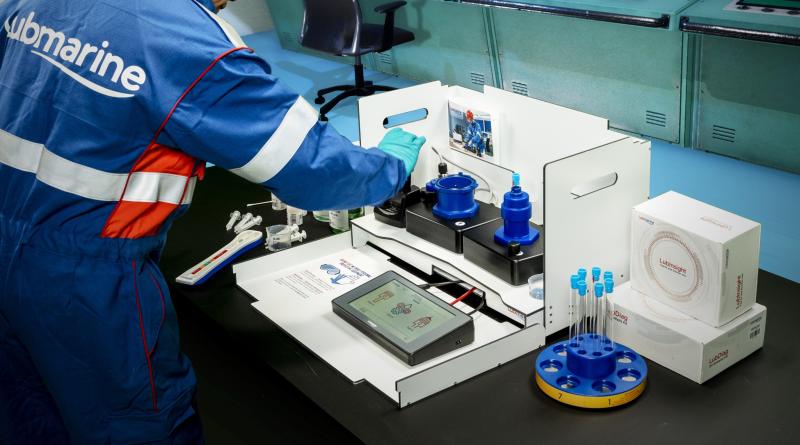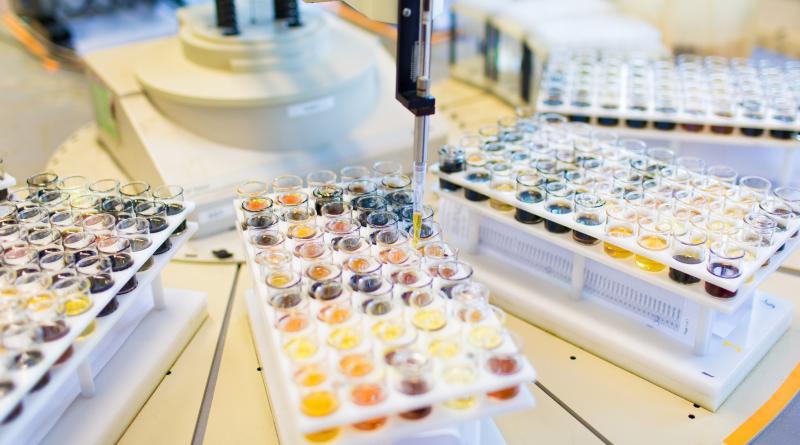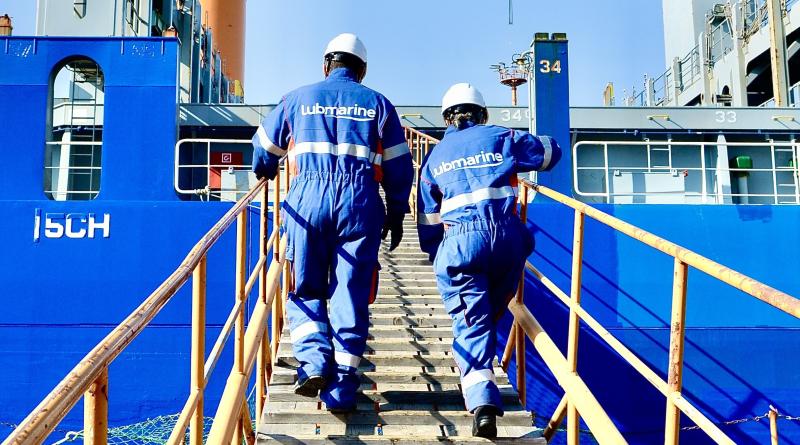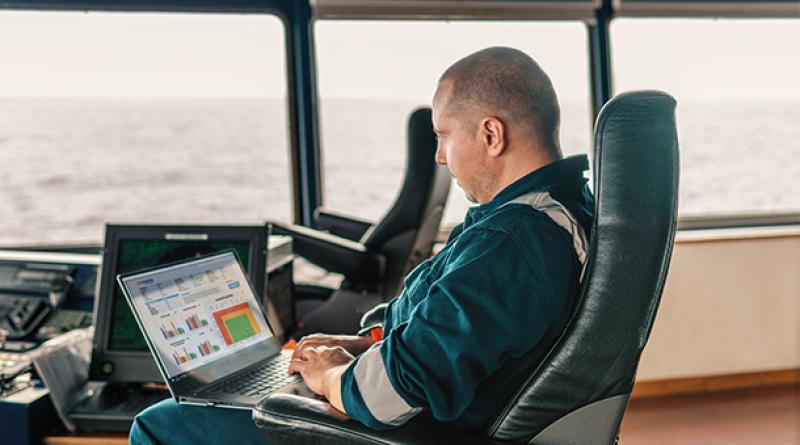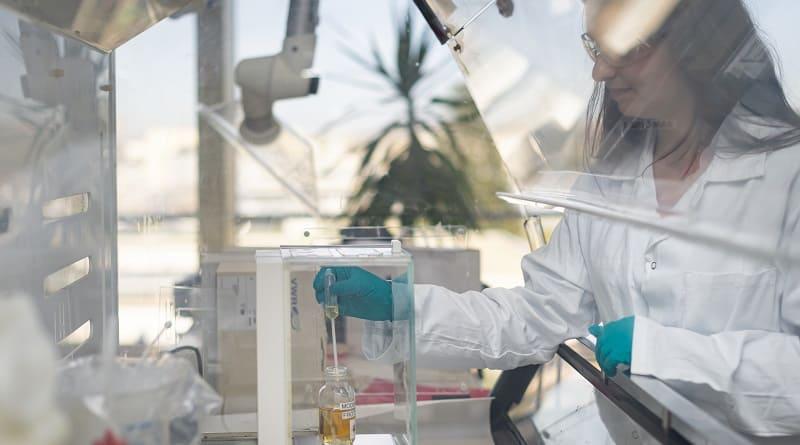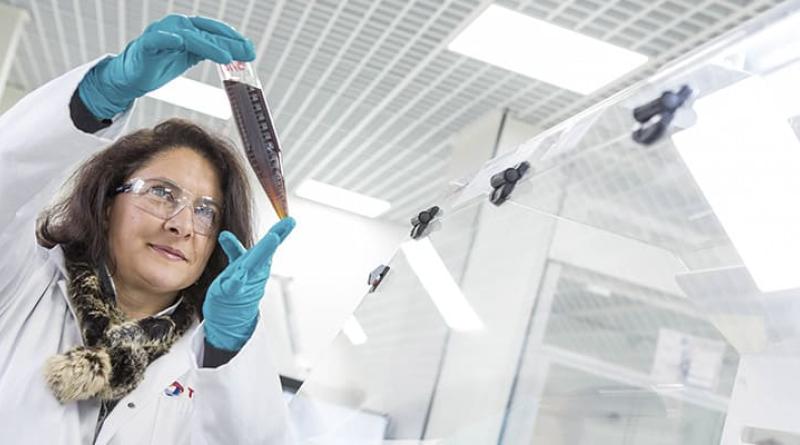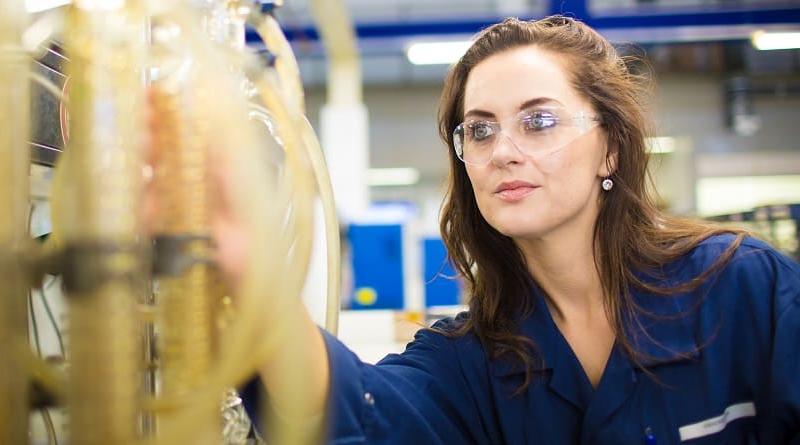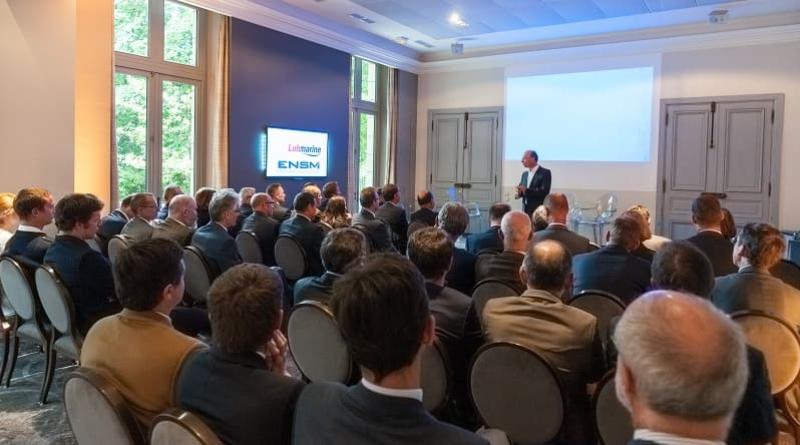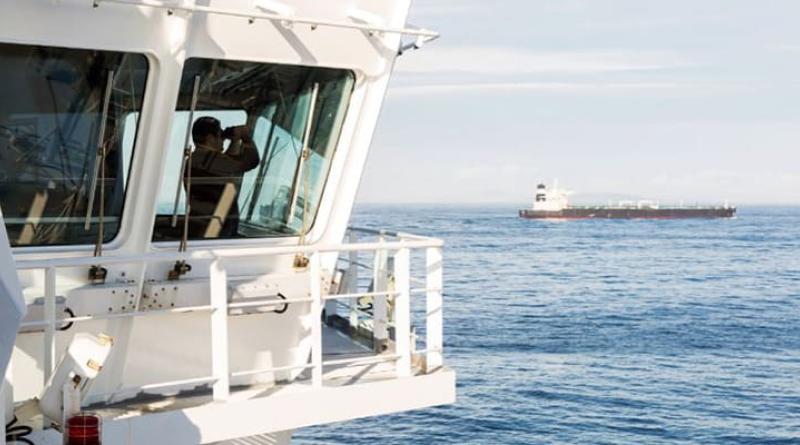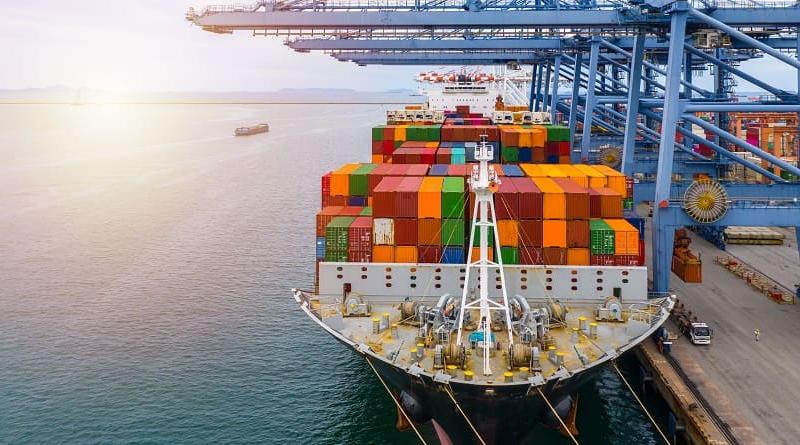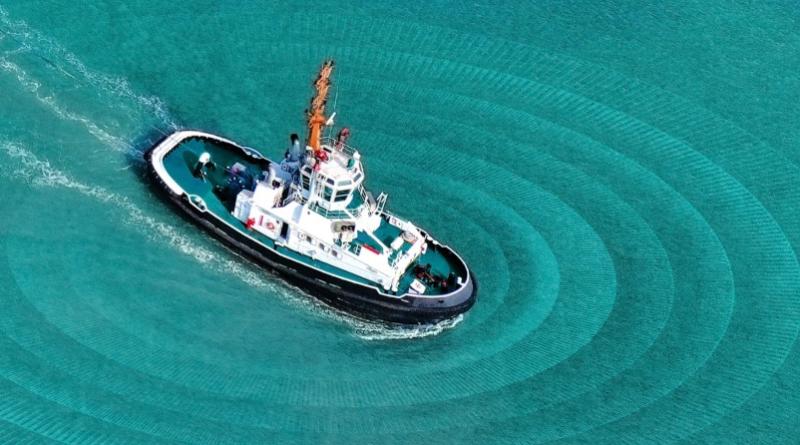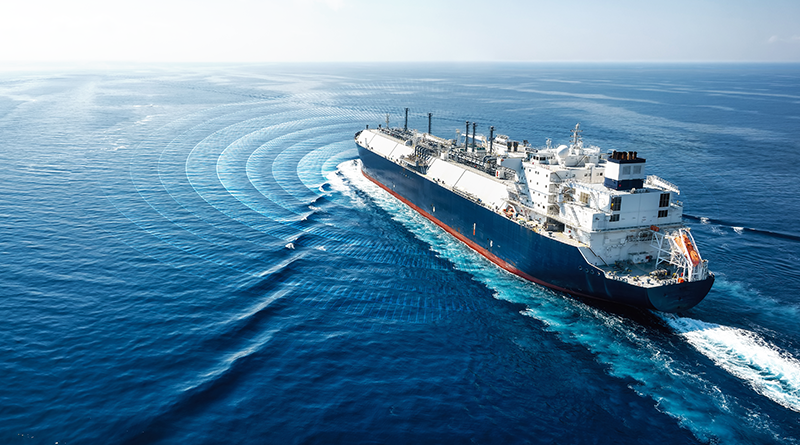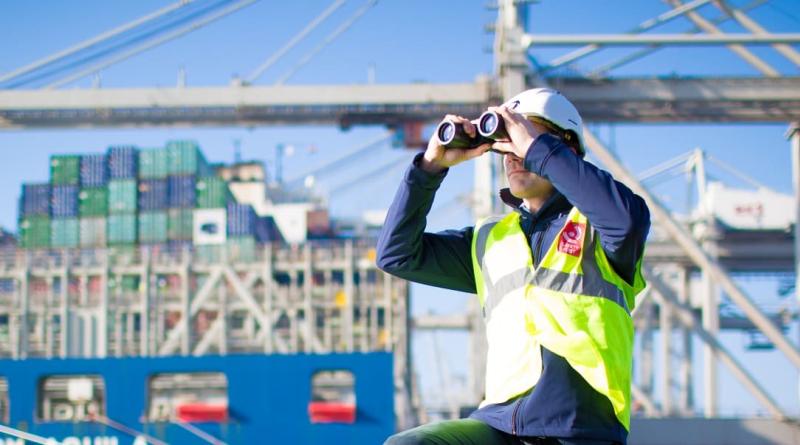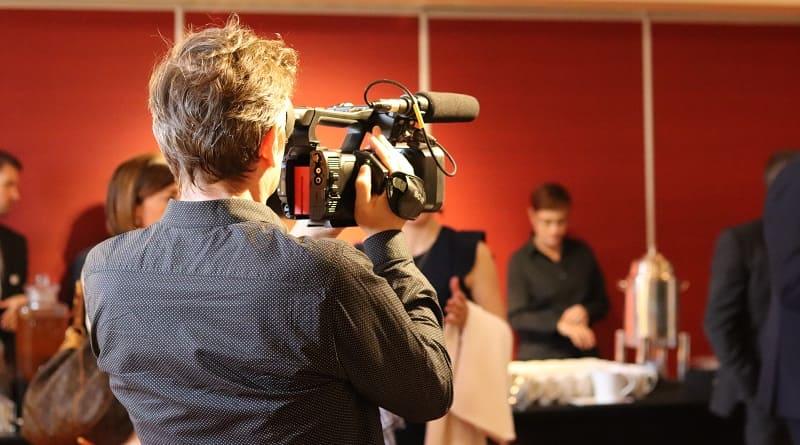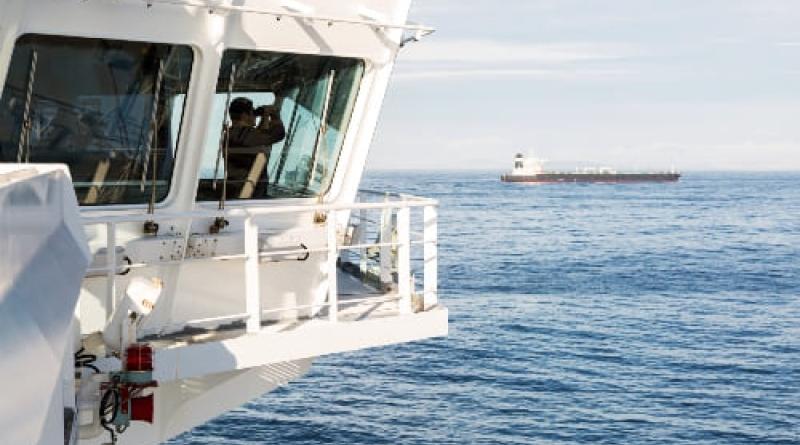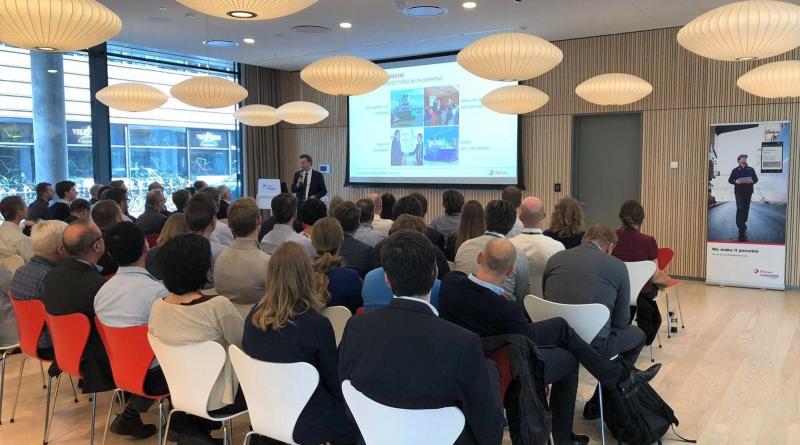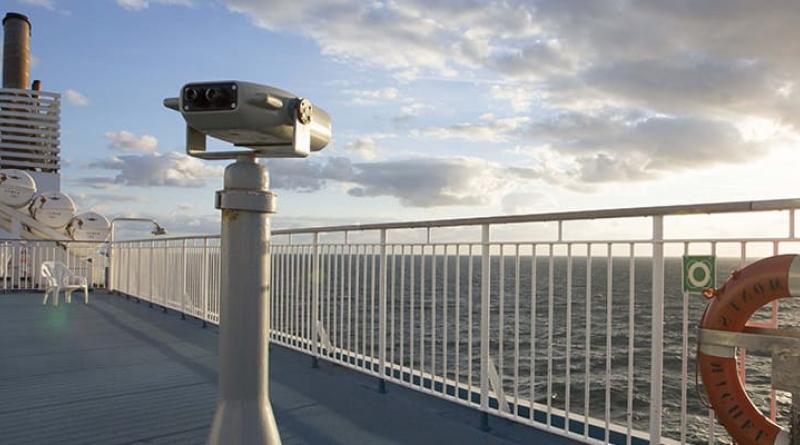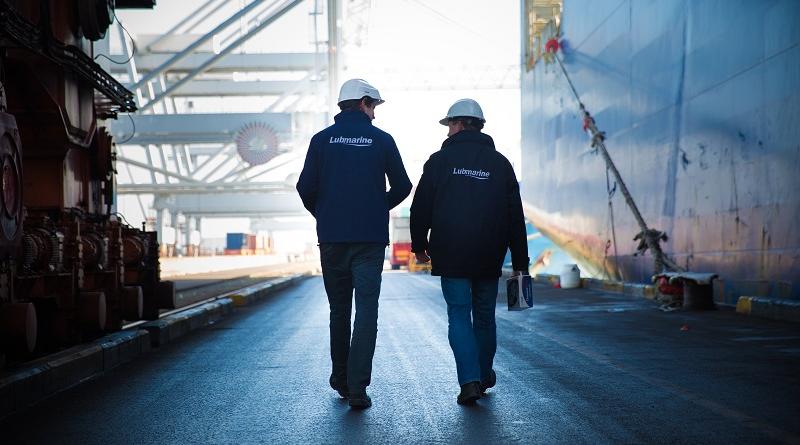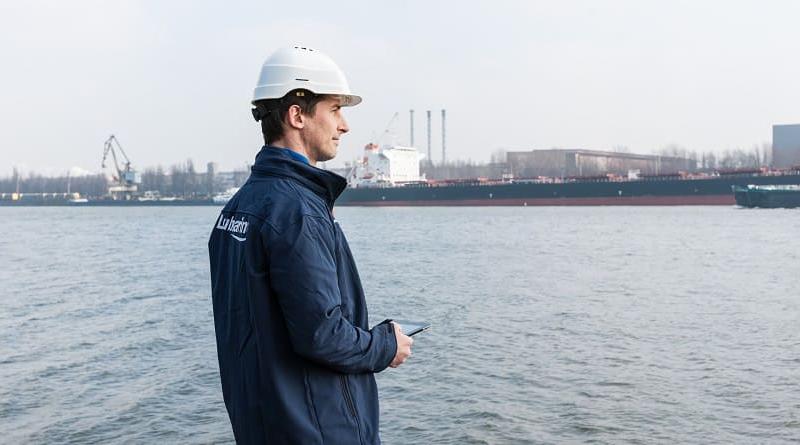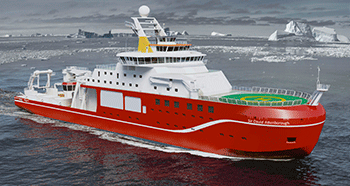
Last year Total acquired battery maker Saft. We look at what the company provides for the marine sector and how advanced lithium-ion battery technology offers new possibilities for hybrid and fully electric propulsion systems.
Batteries today are more advanced than ever before. Thanks to advances in lithium-ion technology, batteries can deliver greater power and storage and can be deployed in a range of demanding high power environments. This has big implications for the marine sector with the builders and operators of both large and small vessels looking at the fast evolving technology.
In July 2016, Total Group acquired Saft, expanding Total’s presence in renewables, which began in 2011 with its investment in solar-panel maker SunPower Corp. Saft itself has a long and illustrious history in the battery sector which stretches back to 1918. Today the company has production sites and sales offices in 19 countries around the world and is a world leader in advanced technology batteries.
Building on the foundation of its successful nickel-based products, Saft continues to invest in lithium-ion rechargeable technology for multiple applications and numerous markets. The marine market is an important market for Saft, with batteries increasingly being used in a variety of hybrid and fully electric propulsion systems, offering clean and cost-effective solutions.
British Antarctic Survey vessel David Attenborough will be powered by a hybrid propulsion system using Saft batteries
In March this year, Saft announced that it would be supplying two specialized Seanergy® marine lithium-ion (Li-ion) battery systems to Rolls-Royce Marine for integration in the hybrid propulsion systems for the British polar research vessel RRS Sir David Attenborough.
The new vessel, one of the most advanced ever, is being commissioned by the UK’s Natural Environment Research Council (NERC) for operation by the British Antarctic Survey. The Rolls-Royce diesel electric propulsion system will be powered by new Bergen B33:45 engines that will operate in combination with two Saft Li-ion batteries. Fully integrated into the vessel’s control and automation system, the batteries will provide a combined 1450 kWh capacity with a maximum voltage of 1011 V. They will help deliver the peak power required by the vessel, such as when operating in a dynamic positioning mode, and have been sized to enable the vessel to be self-sufficient in fuel during voyages of up to 19,000 nautical miles.
The Li-ion batteries will also help to push the vessel through ice up to one meter thick, while towing equipment over the side, with extremely low underwater radiated noise, avoiding disturbing marine mammals and fish shoals or interference with survey equipment.
“Li-ion technology is of particular interest for propulsion systems where batteries work in conjunction with diesel, gas turbine and electric motors”
But it is not just specialist research ships that are eyeing the use of lithium-ion battery systems. Li-ion technology is of particular interest for propulsion systems where batteries work in conjunction with diesel, gas turbine and electric motors. For workboats such as harbour tugs, which spend most of their time at sea moving into position and only operate at full power for very short periods, hybrid power can significantly improve fuel efficiency and reduce CO2 emissions. Rather than sizing a diesel engine for peak power, it can be specified at a more economical size for average power, with the extra power drawn from the batteries when required.
Battery systems are able to deliver extra power for a huge variety of purposes including actuators, power supply for thrusters, lighting, dynamic positioning, load levelling, auxiliary systems and emergency back-up propulsion.
Total Lubmarine has a range of innovative lubricant solutions suitable for use on hybrid-powered systems and the Total Group is fully committed to providing marine solutions to help enable a more energy efficient shipping industry.
For further details see www.saftbatteries.com/market-solutions/marine


